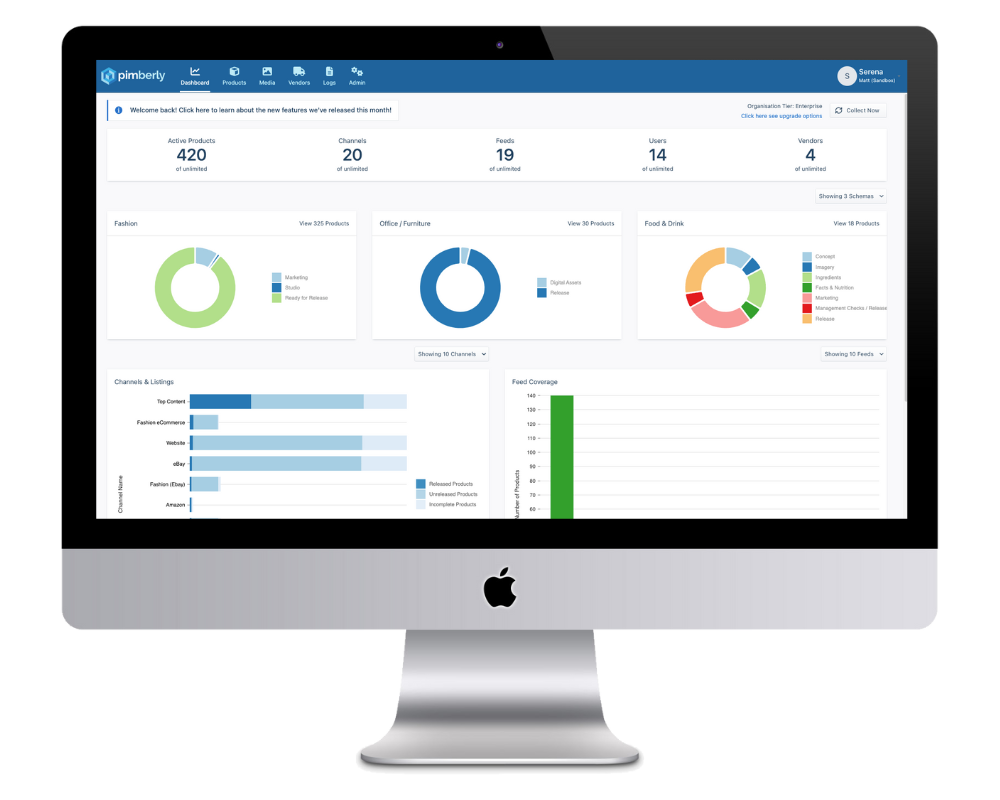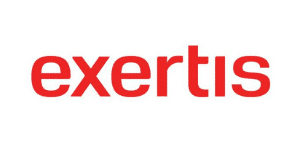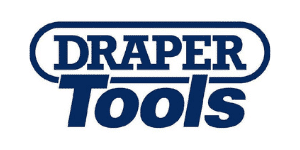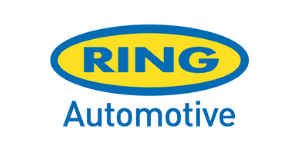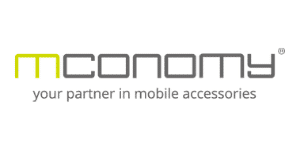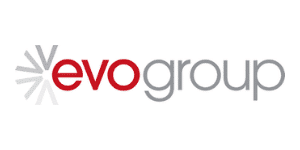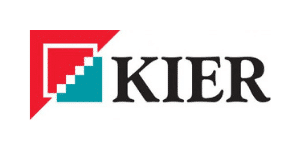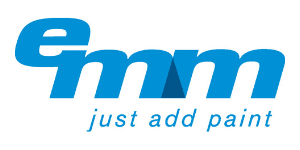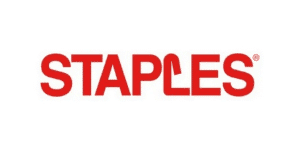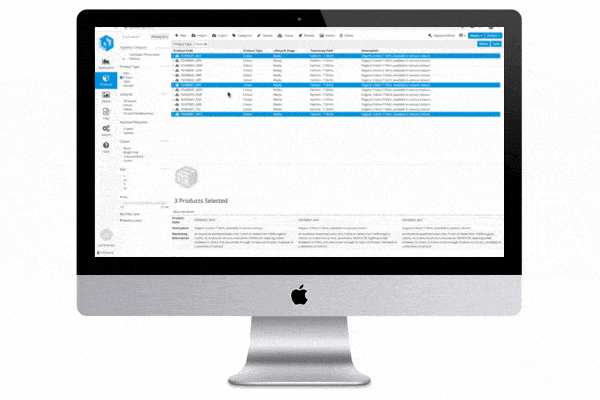Leading Product Information Management (PIM) Solution
for exceptional product experiences
Aldridge Security
Pimberly has helped us manage and enrich product information from over 290 brands and increased our speed to market by 30%. We needed to stop new products from being some of our best-kept secrets and get them to market as fast as possible.
Its real strength lies in how it exports product information to various channels – whether that be web, catalog or direct to dealers – it’s just so easy.
JD Sports
With Pimberly we are able to get rich data, right the first time. This efficient way of working enables us to reduce errors in the supply chain – holding data on 2.3 million SKUs and getting to market quicker with hundreds of thousands of products, allowing us to remain competitive.
Yesss Electrical
The main benefit for me is to be able to easily, quickly and accurately export product data at the drop of a hat. And whereas before product changes could take a few days to reach the website – now they’re live in 5 five minutes.
Pet Drugs Online
We’ve gone from creating 30 products per week to 30 in a single afternoon – and we’re only a few weeks into launch!
We needed Pimberly to manage our product onboarding and merchandising processes. Before, we were struggling with multiple websites and IT systems, and everything was labor-intensive.
Interflora
We’ve reduced the time it takes to onboard a new product by 35% thanks to Pimberly.
Before Pimberly, we were managing product data in spreadsheets. This process was very time-consuming and limited the rate and quality of new products and categories we could create. Now, we have full visibility of the product’s lifecycle from the moment its creation right through to it going live on the website.
Evo Group
Comparing the market-leading PIMs we looked at, Pimberly was the only one that didn’t lock us into a particular version, which would be out-of-date pretty much as soon as we’d signed up. Instead, because Pimberly is ‘software as a service’, we knew we’d always be on the latest version and benefit from an ever-increasing richness of functionality.

